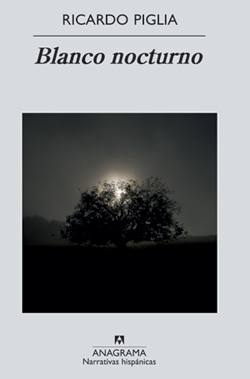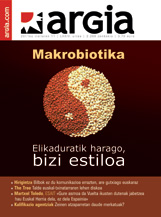Pork counterpart

Night white. Ricardo Piglia. Anagram (2010). 300 pages.
The philosopher Fernando Savater stated last August in the days dedicated to the Argentine writer Jorge Luis Borges (Buenos Aires, 1899 - Geneva, 1986) that the more deaths appear in the police novels, the more clumsy the author is. We do not know if this unwritten rule is complied with in all black novels, but it is true that Ricardo Pigliaren Blanco at night ratifies the words of the Wise Man. For good, of course. Piglia (in the photo) was also born in Buenos Aires in 1940. He has published several books and received the award for the best black novel with White Night, published in 2010, in the Black Week of Gijón (Spain).
In the early 1970s, in the circumstances prior to the inauguration of Juan Domingo Perón (1895-1974) as president of Argentina for the third time, Tony Durán, a foreign gallan born in Puerto Rico, has formed a trio of passionate sex with the twin sisters Ada and Sofia Belladona. They are daughters of one of the main families of a town in the province of Buenos Aires, the precious pearls that many men want. They've been discovering the world, and when they come home, they've brought Durán. After a controversial horse race, the foreigner is found dead in his hotel. It seems that this is an economic issue, which could make life more difficult.
Money. Corruption. Betting. Sex. Alcohol. Stubborn cops. A rich cacique. Burglar politicians. Desert. Powder. Smell of sweat. Loneliness. Limits. The components of the Blanco nocturnal novel evoke texts of other American authors such as Mexicans Paco Ignacio Taibo II and Eduardo Antonio Parra, who were signed by the editorial Txalaparta, or Chilean author Ramón Díez Eterovic, among others. Charismatic characters dancing on a thin wire, intense dialogues (dialectical struggles) and humor, relieving the bitterness of history (or emphasizing?) His irony is all the elements that are repeated in the books of the authors cited, and Ricardo Piglia's novel is no exception either. For good.
























